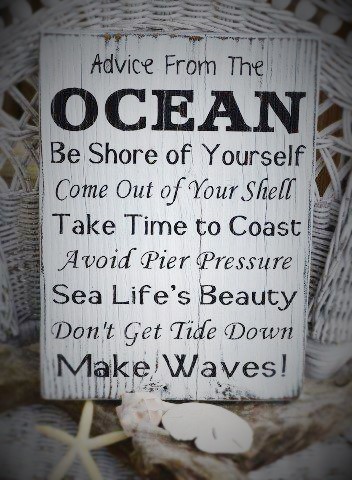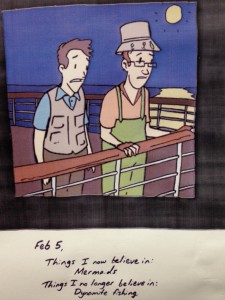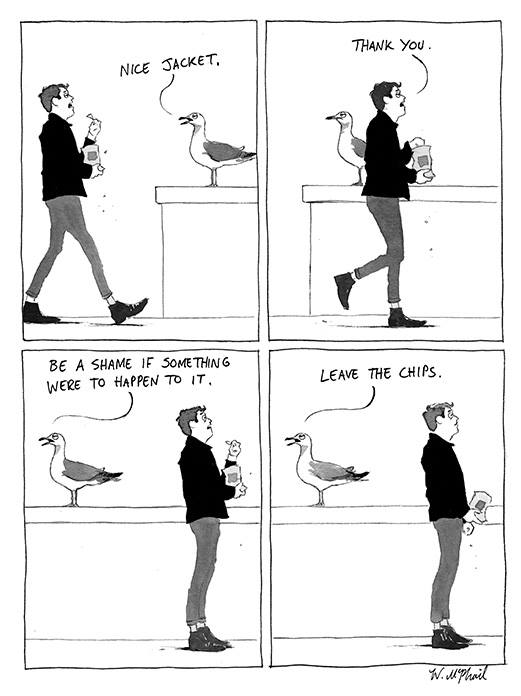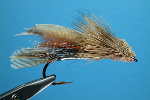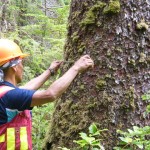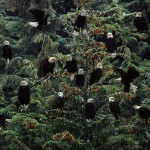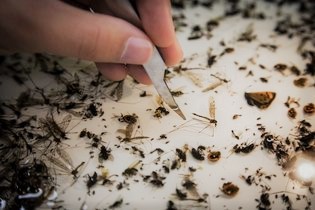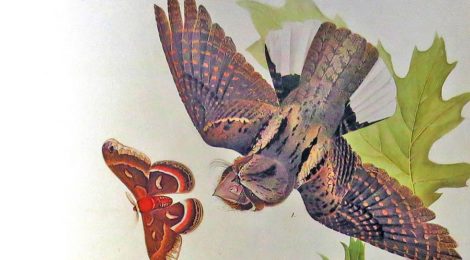
Hear That Lonesome Whippoorwill
Birds, like the whippoorwill, that feed on insects are rapidly disappearing.
If they were canaries and we were in coal mines, the alarms would be ringing, and we’d be running for our very lives.
But it seems to be human nature to ignore the death of Nature around us.
It is our CO2 that is killing the birds and the bees and the deadly action of CO2 has little to do with climate change, in spite of the claim of the climate industrial complex that all ills are climate ills.
Whip-poor-wills, known as ‘nightjars’ in Europe, are disappearing throughout most of their range. Partners in Flight lists them as a “Common Bird in Steep Decline”, and the North American Breeding Bird Survey estimates a 69% drop in populations between 1966 and 2010. Nowhere are they found in sufficient abundance as to restock their former abundance. It seems they are simply doomed and with them their melodious night-time bird song that, over the ages, have lulled so many to a peaceful.
It’s unlikely that the legendary American singer/songwriter Hank William’s was thinking about the demise of his beloved Whippoorwills’ when he wrote one of his most famous and anguished songs. But perhaps he was prescient in his composition and was, in fact, providing a eulogy for birds of all kinds especially those that feed on insects.
Hear that lonesome whippoorwill,
He sounds too blue to fly.
The midnight train is whining low,
I’m so lonesome I could cry.
I’ve never seen a night so long
When time goes crawling by.
The moon just went behind the clouds
To hide its face and cry.
Did you ever see a robin weep,
When leaves begin to die
That means he’s lost the will to live,
I’m so lonesome I could cry.
I’ve always had a fondness for this song, likely it is because my mother was listening to it in 1949 when I was in her womb. Perhaps that is what led me to become a lifelong birdwatcher.
Did you ever hear a robin weep
In a recent report of the German government, the number of birds in Germany and Europe has dropped dramatically over the past 30 years. In Germany, one-third of all bird species have seen “significant population declines” since the end of the 1990s, said the government in response to a question in parliament about the plight of birds across Europe put forward by the Green Party.
“The situation of birds is dramatic,” said Steffi Lemke, a German Green Party lawmaker. “A ‘silent spring’ could be on the horizon.”
For many species, the decline is as high as 90% with even the most common varieties down by 57% or more. In Europe today there upwards of 500 million fewer small birds singing than there were 50 years ago.
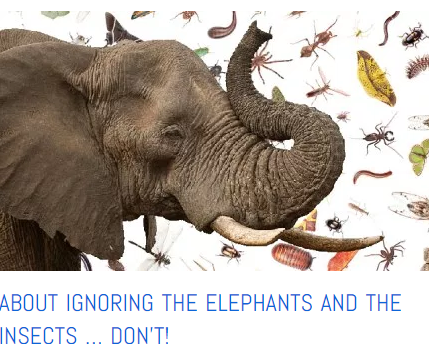
All over the world insects are reported to be disappearing, in a new report from Europe pesticides are ruled out as the cause. The most plausible explanation is our fossil fuel/fool age CO2 is killing the insects. Click to read more
The crisis for birds is the loss of what they eat, most important to birds in our fields and forests is the loss of insects. A new report on the observation of insect populations in German nature preserves over the past 27 years show an insect apocalypse is ongoing resulting in more than 75% of insects being lost.
CO2 is more intimately and immediately involved with insect biology than it is in the bigger life forms like elephants and people.
What the tiny are experiencing, as are we, is a 44% increase in CO2 over the past century. One effect of this high and rising CO2 is in how it changes insect breathing patterns that are far more delicate than our robust mammalian respiration.
The ity bity bugs have a dramatically different method of breathing than we large animals. The insects ‘breathe’ almost at the cellular level and as such their breath is incredibly delicately balanced with the CO2 and Oxygen in the air. Insects breath is designed to keep them safe more from the deadly effects of oxygen than of the deadly effects of CO2.
Oxygen is the deadliest of all insecticides
Insects evolved to regulate the amount of breathing they do, not to bring the most oxygen possible into their tiny bodies, but rather to greatly regulate and reduce the oxygen entering their bodies. Oxygen is the deadliest of all poisons at the cellular level. That deadly nature of oxygen is why we humans are so well versed in our anti-oxidants, and the need to keep our oxidative stress under control. Insect biology monitors CO2 in their cells and in the air as CO2 is a waste product that like us they must do gas exchange with the air to get rid of. Today’s high and rising CO2 from our fossil fuel/fool age emissions are proving to bee too much for the bees and other insects.
That means he’s lost the will to live
Insects are the lynch pins of many ecosystems. Around 60% of birds rely on them for food. 80% of wild plants depend on them for pollination. If they disappear, ecosystems everywhere will collapse, insects are in trouble, we’re all in trouble. In the last half of the insect study time frame, a mere dozen years, German birds were seen to suffer a 15-20% decline.
IT IS NOT OUR PESTICIDES THAT IS ERADICATING THE INSECTS WE ARE THE PESTICIDE WITH OUR PLANES, TRAINS, AND AUTOMOBILES and perhaps heavy breathing in endless debates about what to do about ‘climate change’ while we do next to nothing.
The Cure – I’m so lonesome I could die
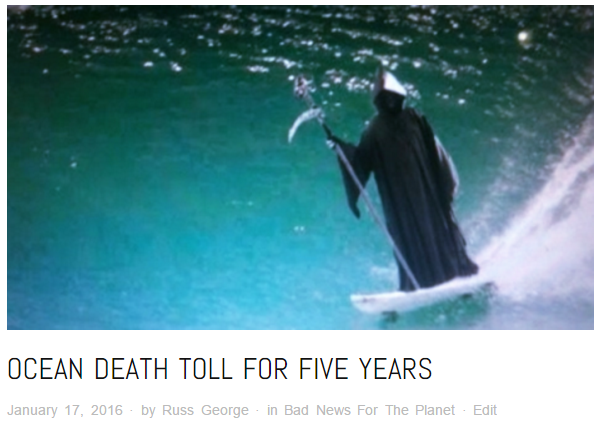
As bad as things are here on earth the crisis for life is even worse in the oceans that cover 72% of this blue planet. Click to read more of the deadly toll if you dare.
The vital antidote that will save the insects and countless other life as we know it on this blue planet is to remove and repurpose our trillion tonne lethal overdose of CO2 from our air. That’s a mighty task and it will take as much energy as humanity has consumed in the past century. That energy we use better be clean energy as we can’t just pour more new deadly CO2 into the air scrubbing the old deadly CO2 out of the air.
The ONLY source of such a massive amount of clean, green energy, to be the antidote to our yesterday’s lethal dose of CO2 is sunlight powered photosynthesis. The plant life on this planet can rise to the common cause and save the world from our CO2 by repurposing our trillion tonnes of CO2 into new life. But they can’t do it overnight they will need decades of growth to do so. And clearly they cannot do it in time to save the insects and us without our help.
